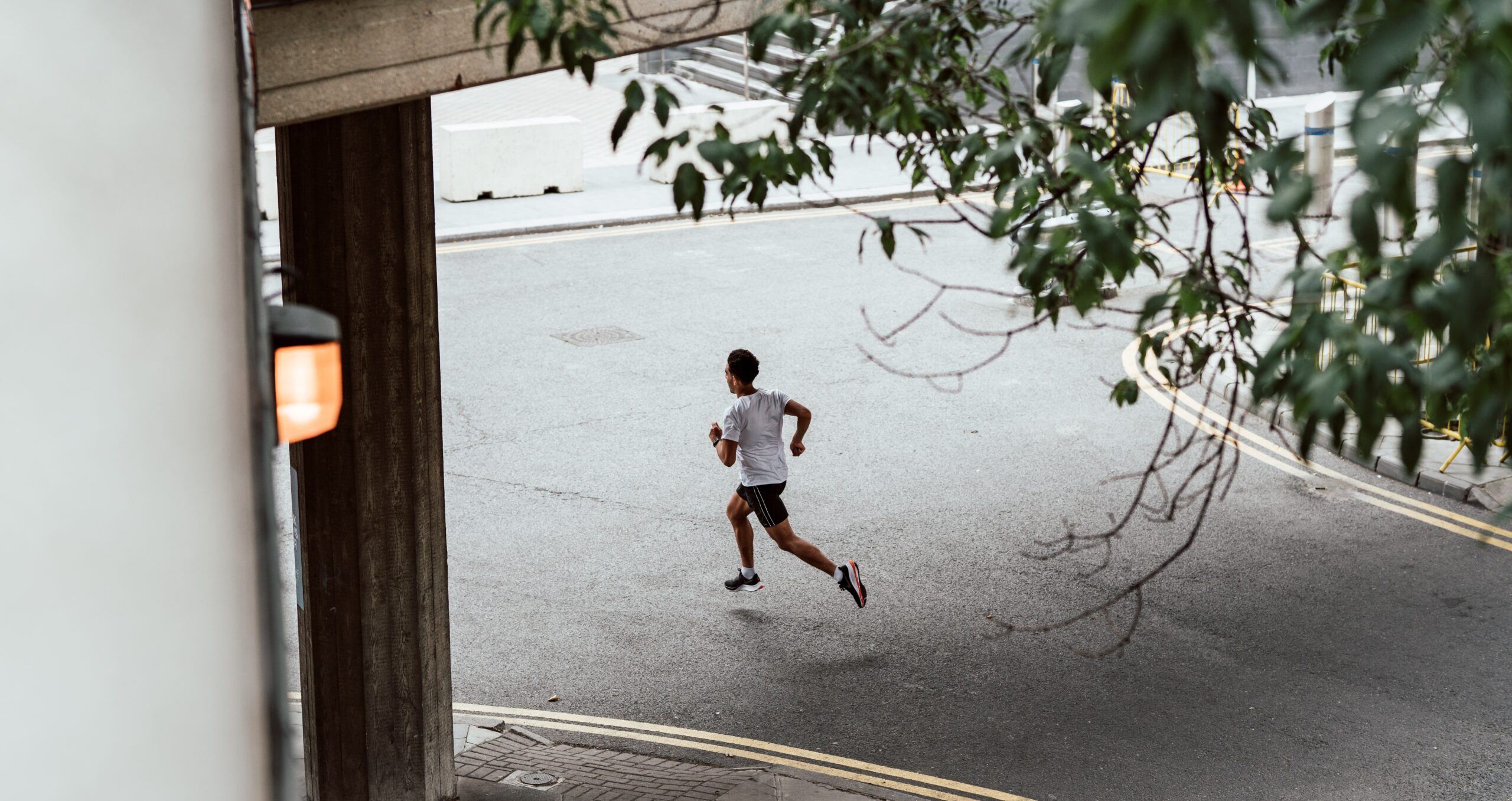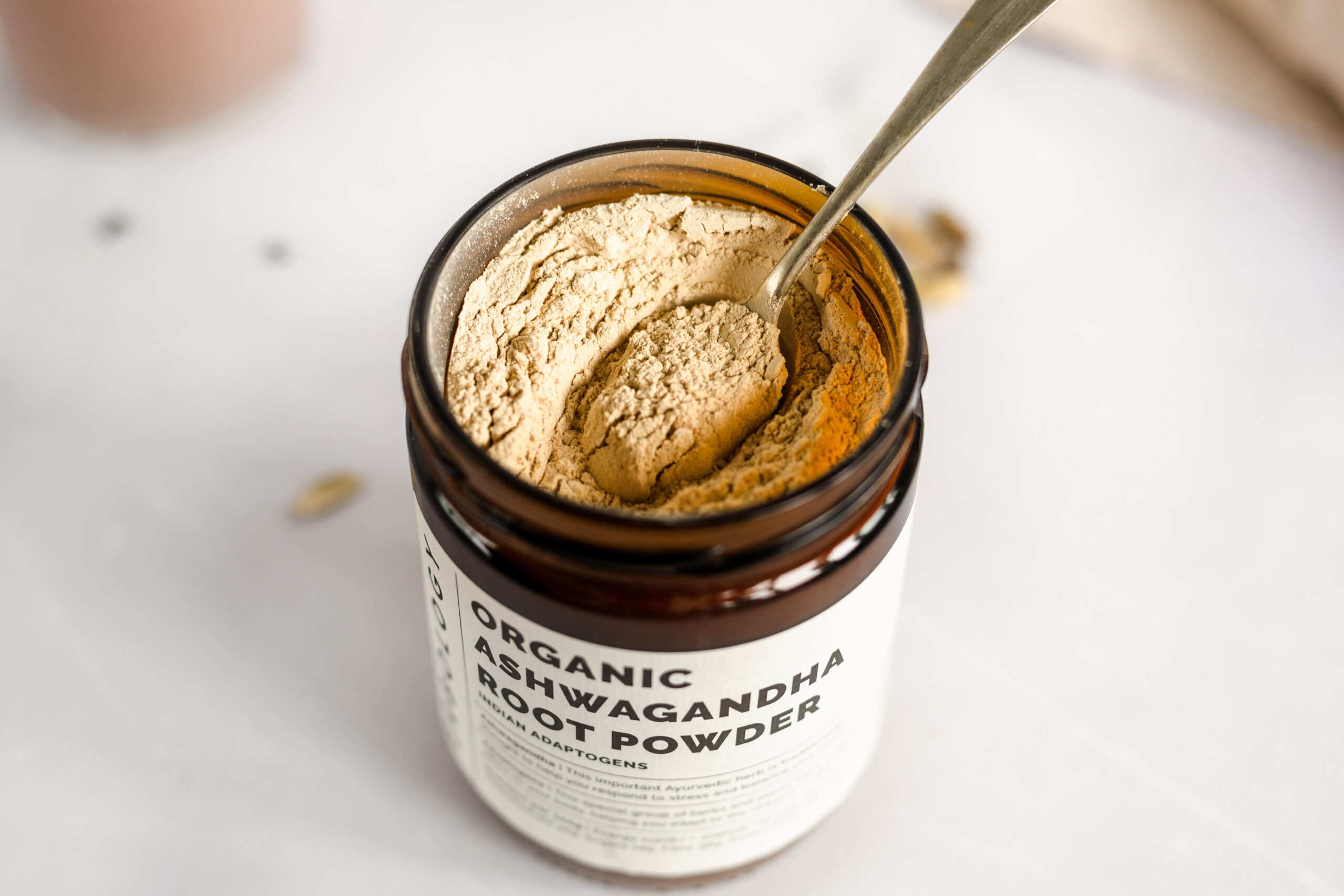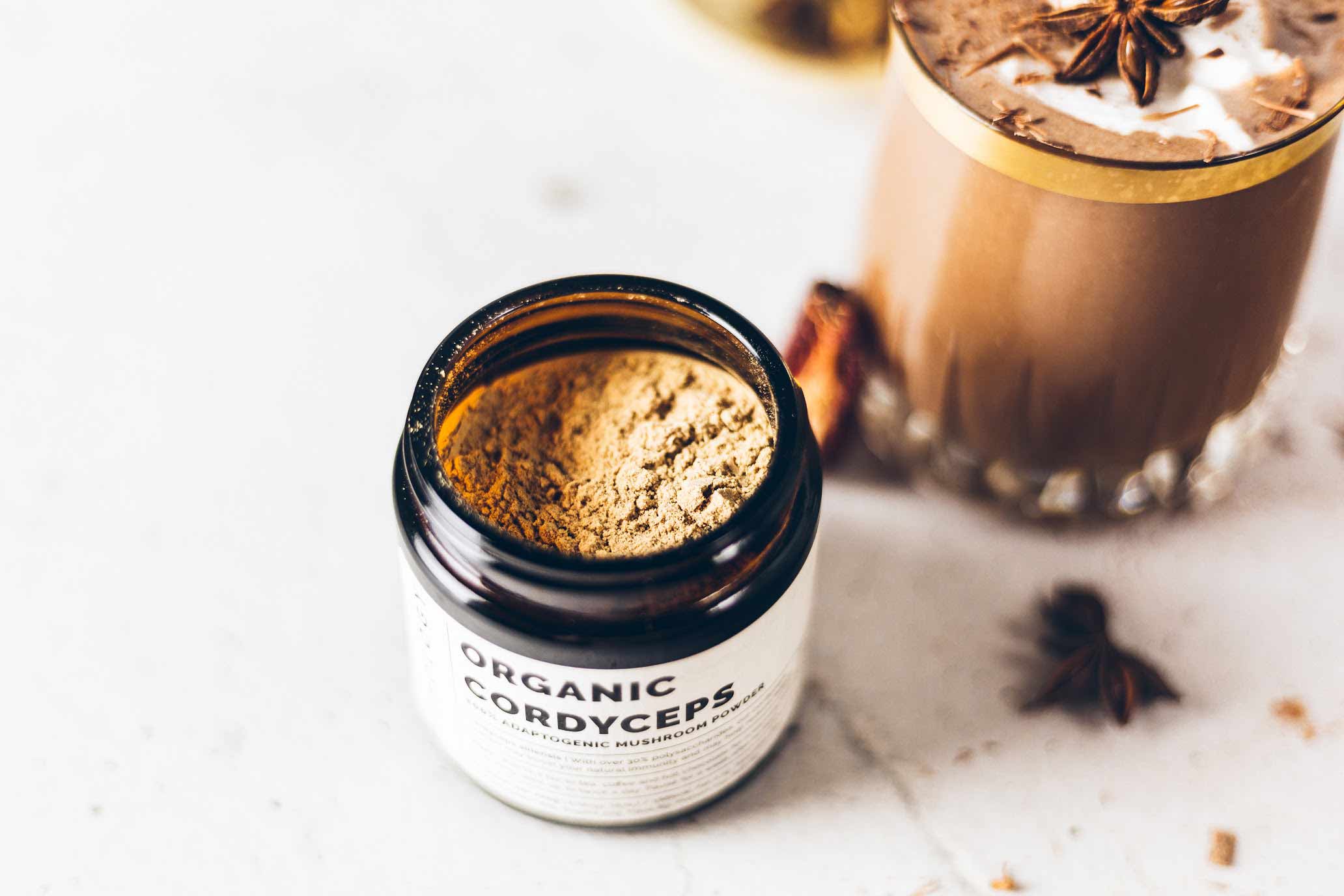
Low testosterone is a fairly common condition in men as they get older. However, it can have some unwanted side effects. Luckily, there are several lifestyle changes you can make to help prevent or even reverse low testosterone. In this article, we go over some common causes and symptoms of low testosterone in both men and women. We also suggest a few simple yet effective ways to raise your levels of this key hormone naturally.
February 22, 2023 6:35 pm February 27, 2023 1:00 amWhat is testosterone?
Testosterone is one of the many hormones, or chemical messengers, that our body produces. Made by glands in the endocrine system, hormones tell organs and tissues what to do and when to do it. In fact, hormones help to regulate almost all the processes that take place within the body.
Turning to testosterone specifically, this is the primary male sex hormone. Both men and women produce testosterone, but women make it in far smaller amounts. Testosterone production normally increases significantly during puberty, then gradually declines after about age 30.
Testosterone performs many important functions within the body. For males, this includes the development of sexual organs, sperm production, deepening of the voice, and growth of facial hair. It additionally helps to develop muscle size and strength, increase bone mass, and boost the production of red blood cells.
In women, testosterone also plays a role in bone and muscle health, plus influences the function of the ovaries. The hormone additionally has an impact on libido in people of all genders.
Like with all hormones, the body is usually good at maintaining a healthy balance of testosterone. However, sometimes it may become too high or, more commonly, too low. This can cause a variety of different unwanted symptoms in both men and women. Let’s take a closer look at some of the reasons you might have low testosterone before discussing the possible symptoms.
What causes low testosterone?
Testosterone levels naturally drop as you get older. Experts estimate that after the age of about 40, men’s testosterone falls by around 1-2% every year.(1) However, there are other factors that can cause testosterone to decrease more drastically or prematurely.
In men, some of the most common causes of low testosterone include:
- Testicular injury or infection
- Chronic diseases such as diabetes, obesity, metabolic syndrome, AIDS, and kidney disease
- Alcoholism and liver disease
- Drug misuse
- Stress
- Taking some kinds of medication, like opiate painkillers and corticosteroids
- Cancer treatments such as radiotherapy and chemotherapy
- Certain genetic diseases
- Hormone disorders such as pituitary gland disease
Turning to what causes low testosterone in women, some of the main reasons are:
- Menopause
- The adrenal glands not working sufficiently well
- Surgical removal of the ovaries
- Taking oral oestrogen therapy
- An underactive pituitary gland
What are the symptoms of low testosterone?
Low testosterone can present with a variety of different symptoms, some of which may be quite subtle. As such, many people don’t even realise that they have low testosterone until they get tested.
Some signs of low testosterone affect people of all genders, whereas others are specific to males or females. Below, we’ve listed some of the most common symptoms of low testosterone.
Signs of low testosterone
People of any gender may experience the following low testosterone symptoms:
- Decreased sex drive
- Fatigue and lethargy, with low energy levels even when well rested
- Loss of bone mass, making you more susceptible to fractures
- Hair thinning or hair loss
- Feelings of depression
- Anaemia
- Hot flushes
- Muscle weakness
- Trouble sleeping
Signs of low testosterone in men
Moving on to what happens when a man’s testosterone is low, the most frequent symptoms include:
- Erectile dysfunction
- Smaller testicle and penis size
- Reduced levels of semen
- Decreased muscle mass
- Increased body fat
- Enlarged breast tissue (gynaecomastia)
- Impaired memory
- Lack of focus
- Irritability
- Low self-esteem
Signs of low testosterone in women
Some symptoms of low testosterone in women include:
- Irregular menstrual cycles
- Vaginal dryness
- Decreased sexual satisfaction
- Fertility issues
- Weight gain
As you can see, this is quite a varied range of symptoms. While some are specific to the reproductive system, several of the signs of low testosterone listed are more general. It’s also important to note that many of them can be caused by factors other than low testosterone.
Therefore, if you think that you might be suffering from low testosterone, it’s a good idea to see your doctor. They will be able to conduct tests to determine whether this is the cause of the symptoms you’re experiencing. After that, you can get advice on potential treatment options.
How to treat low testosterone
The most common medical treatment for low testosterone is testosterone replacement therapy, or TRT. However, this does have potential side effects, such as oily skin, acne, increased prostate size, high blood count, and fluid retention. It also might not be suitable for people with certain health conditions, including prostate cancer, breast cancer, and sleep apnoea.
When it comes to treatments for low testosterone in women, the research is somewhat lacking. As such, the options are currently limited. While it is possible to take testosterone supplements, these can also have numerous unwanted side effects. For instance, high levels of testosterone in women may cause acne, hair loss, and the development of masculine physical characteristics. These include excess facial hair and a deepening voice.
Bearing all this in mind, it might well be preferable to try some natural remedies for low testosterone first. These are both easy to implement and far less likely to result in unpleasant side effects. Keep reading to find out some of the most effective home remedies for low testosterone
Related reading
"There are several simple yet effective lifestyle changes you can make to help prevent or even reverse low testosterone."
Natural ways to boost testosterone levels
It will please you to know that there are several techniques you can try to raise low testosterone. Their effectiveness will depend on a number of factors. These include your age, gender, and the underlying cause of your low testosterone. For the optimum results, it’s best to implement as many of these lifestyle changes as you’re able to.
Eat a nutritious diet
The food that you consume can have an influence on lots of your hormones, including testosterone. Ideally, you want to eat a nutritious diet that has a balance of protein, healthy fats, and carbohydrates. Try to focus on whole foods, such as vegetables, fruit, whole grains, legumes, nuts, and seeds. Research indicates that both overeating and constant dieting are associated with low testosterone.(2)
There are also specific vitamins and minerals that can help to counter low testosterone. So, you want to ensure that you include these in your diet. For example, studies suggest that magnesium can work to raise levels of testosterone.(3) Great sources include nuts such as cashews, legumes, amaranth, leafy greens, and seeds like linseeds and chia seeds.
Another key mineral to make sure you’re consuming is zinc. Whole grains, cashew nuts, sweet potatoes, dark chocolate, and hemp seeds can all help you to up your intake.
Turning to vitamins, boosting your levels of vitamin D might work to counter low testosterone.(4) Getting out in the sunshine is one effective way to keep your vitamin D topped up. In terms of dietary sources, hemp seeds, fatty fish, and fortified plant milks are all good options.
Looking at individual ingredients, research has found that pomegranate may help to counteract low testosterone.(5) Studies additionally indicate that ginger can work to raise testosterone levels.(6) Finally, although some people have concerns that soy products lower testosterone, recent research indicates that this is not the case.(7)
Taking in the right vitamins and minerals isn’t the only way your diet can help with low testosterone. It’s also important to maintain a healthy body weight, because studies show there’s a link between obesity and low testosterone.(8)
Try adaptogens
If you’re interested in herbal remedies for low testosterone, adaptogens could be just what you’re looking for.
For example, ashwagandha is a potent Ayurvedic herb that offers a whole wealth of potential health benefits. One of which is helping to boost testosterone. Although the research is still in its infancy, the early results are promising. Studies have found that taking ashwagandha daily could be an effective way to raise men’s testosterone levels.(9) To try it for yourself, simply mix a teaspoon of Organic Ashwagandha Powder into a glass of warm water.
Another adaptogen worth considering is cordyceps. This fungus has been a key ingredient in Traditional Chinese Medicine for centuries, including as a way to improve low sex drive. Modern scientific research supports this with findings that suggest cordyceps may be able to stimulate the production of testosterone.(10) Stir half a teaspoon of Organic Cordyceps Mushroom Powder into a mug of hot chocolate for a delicious wellness-boosting drink!
Cut back on booze
There are plenty of ways in which excessive alcohol consumption is harmful to your health. These include weakening the immune system, impairing memory and concentration, and raising the risk of a number of chronic diseases.
Plus, research also suggests that it could result in low testosterone, especially in men.(11) Experts believe that alcohol negatively affects both the glands and hormones involved in the male reproductive system. Studies have additionally linked heavy drinking with obesity, and, as discussed above, this too is associated with low testosterone.(12)
These findings don’t mean that you have to cut out alcohol completely. However, it’s wise to avoid drinking to excess if you’re concerned about low testosterone.
Exercise regularly
Staying active is important for helping us maintain a healthy body weight. But this isn’t the only way that exercise can work to counter low testosterone. In fact, studies suggest that physical activity is more effective than calorie restriction at raising testosterone levels.(13)
While almost any form of exercise can be beneficial for low testosterone, there are some that show better results than others. In particular, resistance training (such as lifting weights) is a great way to boost testosterone in the short term. Likewise, high-intensity interval training, or HIIT, can be very useful for tackling low testosterone.
There is a caveat here though. It’s important not to overdo it, as very high levels of exercise may actually cause a decrease in testosterone. This is especially true if you’re doing lots of cardio.
Combat stress
Chronic stress can have a plethora of negative impacts on both our mental and physical health. One of the reasons for this is the prolonged increase in cortisol, the stress hormone. And it turns out that continued stress and elevated cortisol can also result in low testosterone.(14) The fact that chronic stress may additionally raise the risk of weight gain compounds this effect.
We have a detailed article on how to lower cortisol levels, but let’s go over some quick tips here too. A few of the steps above, such as doing exercise and eating healthily, can have a positive influence on cortisol. In addition to this, you could try:
- Spending time out in nature
- Engaging in a creative hobby, such as music or art
- Practising mindfulness, for example by keeping a gratitude journal
- Meditating or doing deep breathing exercises
- Having quality time with your friends and family
- Listening to relaxing music
Get plenty of sleep
Sleep is another way to lower your cortisol levels, but that’s not the only reason it’s good for low testosterone. Research has linked impaired sleep with reduced levels of testosterone in men.(15) For instance, one study found that sleeping for less than five hours a night for a week decreased testosterone by 10-15%.(16)
Experts recommend aiming for between seven and nine hours of good-quality sleep a night. This is something many of us struggle with, so try the following advice to help you drift off:
- Use a sleep mask and blackout curtains to block out light
- Get up at the same time every morning, and go to bed at the same time every night
- Try using essential oils to calm the mind before bed
- Invest in a top-quality mattress, pillows and bedding to ensure you’re comfortable and supported all night
- Avoid caffeine, alcohol, exercise and screen time late at night
- Write down anything that’s worrying you before going to bed, so that the thoughts don’t keep you awake
Final comments on low testosterone
Low testosterone can be the result of several different factors, and cause a varied array of symptoms. For those who are worried about their testosterone levels, it’s best to firstly see a doctor to get tested. If you do have low testosterone, you can then try implementing the suggestions above to raise it naturally. They should help to alleviate your symptoms without causing any unwanted side effects.
Related reading
Latest articles
References
- The Relationship between Testosterone Deficiency and Men’s Health The World Journal of Men’s Health, 2013.
- Low testosterone is associated with dysregulated eating symptoms in young adult men The International Journal of Eating Disorders, 2020.
- Effects of magnesium supplementation on testosterone levels of athletes and sedentary subjects at rest and after exhaustion Biological Trace Element Research, 2011.
- Effect of vitamin D supplementation on testosterone levels in men Hormone and Metabolic Research, 2011.
- Pomegranate juice intake enhances salivary testosterone levels and improves mood and wellbeing in healthy men and women Society for Endocrinology, 2012.
- Ginger and Testosterone Biomolecules, 2018.
- Neither soy nor isoflavone intake affects male reproductive hormones: An expanded and updated meta-analysis of clinical studies Reproductive Toxicology, 2021.
- Testosterone concentrations in young pubertal and post-pubertal obese males Clinical Endocrinology, 2013.
- A Randomized, Double-Blind, Placebo-Controlled, Crossover Study Examining the Hormonal and Vitality Effects of Ashwagandha (Withania somnifera) in Aging, Overweight Males American Journal of Men’s Health, 2019.
- Functional Study of Cordyceps sinensis and cordycepin in male reproduction: A review Journal of Food and Drug Analysis, 2017.
- Effect of moderate alcohol consumption on plasma dehydroepiandrosterone sulfate, testosterone, and estradiol levels in middle-aged men and postmenopausal women: a diet-controlled intervention study Alcoholism, clinical and experimental research, 2004.
- Alcohol Consumption and Obesity: An Update Current Obesity Reports, 2015.
- Increased physical activity has a greater effect than reduced energy intake on lifestyle modification-induced increases in testosterone Journal of Clinical Biochemistry and Nutrition, 2016.
- Salivary Testosterone Levels Under Psychological Stress and Its Relationship with Rumination and Five Personality Traits in Medical Students Psychiatry Investigation, 2016.
- Impaired sleep is associated with low testosterone in US adult males: results from the National Health and Nutrition Examination Survey World Journal of Urology, 2019.
- Effect of 1 Week of Sleep Restriction on Testosterone Levels in Young Healthy Men JAMA, 2011.






Comments (0)